
Using a large twin sample, an international research team found that a quarter of the observed variation in leadership behaviors between individuals can be explained by genes passed down from their parents. The researchers, from University College London, Harvard, NYU, and the University of California, say they are the first to identify a specific DNA sequence associated with the tendency for individuals to occupy a leadership position.
“We have identified a genotype, called rs4950, which appears to be associated with the passing of leadership ability down through generations,” said the study’s lead author Dr Jan-Emmanuel De Neve, from University College. “The conventional wisdom – that leadership is a skill – remains largely true, but we show it is also, in part, a genetic trait.”
To find the genotype, the researchers analyzed data from two large-scale samples in the United States, available through the National Longitudinal Study of Adolescent Health and the Framingham Heart Study. They compared genetic samples of approximately 4,000 individuals with information about jobs and relationships, finding that in both surveys there was a significant association between rs4950 and leadership. Leadership behavior was measured by determining whether or not individuals occupy supervisory roles in the workplace.
Dr De Neve said that more research was needed to understand the ways in which rs4950 interacted with other factors, such as a child’s learning environment, in the emergence of leadership.
He also underscored the possible ethical implications in the finding – specifically, the use of genetic tests for leadership selection and assessment. “We should seriously consider expanding current protections against genetic discrimination in the labor market,” he suggests.
Related:
Discuss this article in our forum
DNA fluidity has “profound implications” for genetic screening, say Yale scientists
Twin-study shows eating disorders influenced by genetics
Genes a good predictor of social status


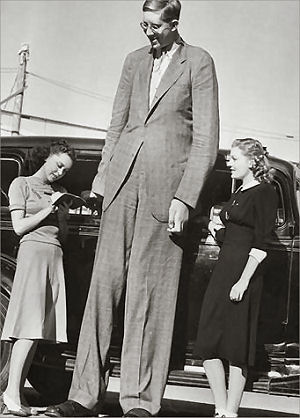
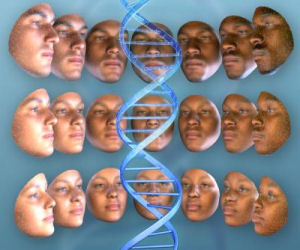




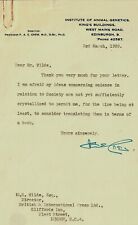
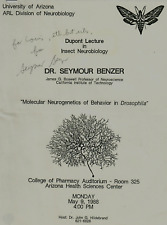
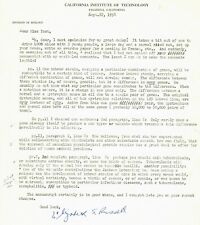



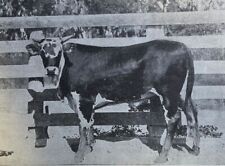
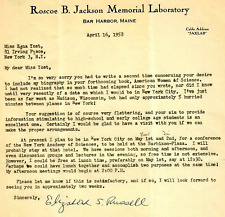


Comments are closed.